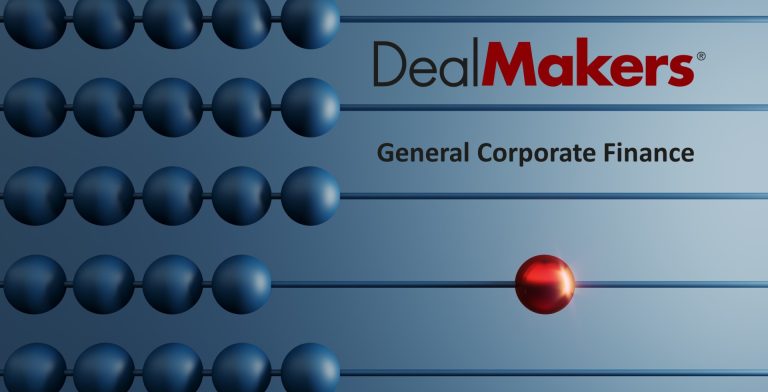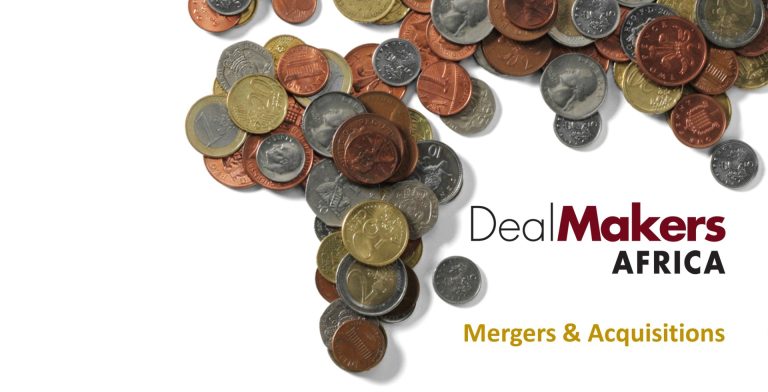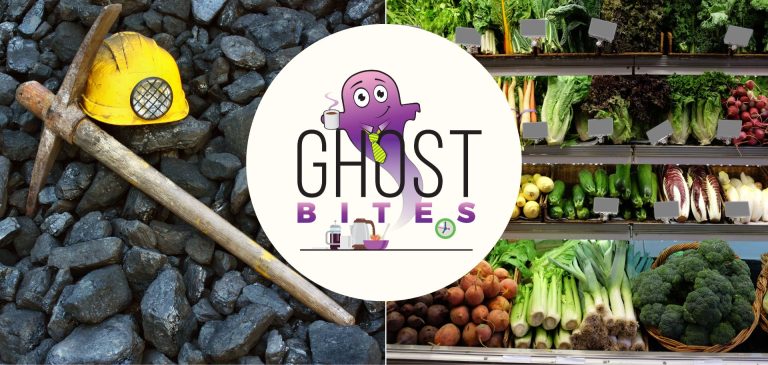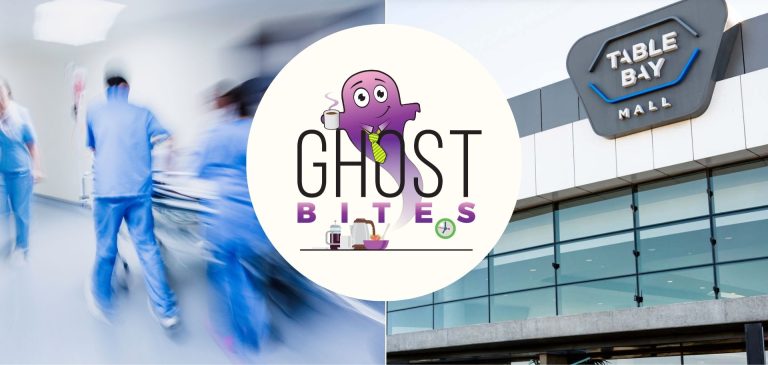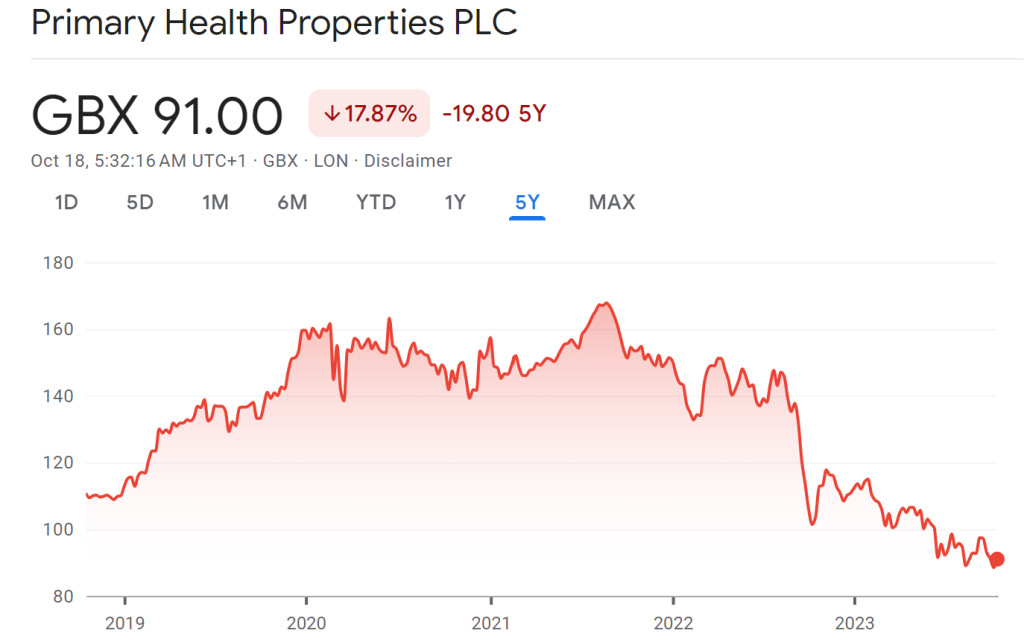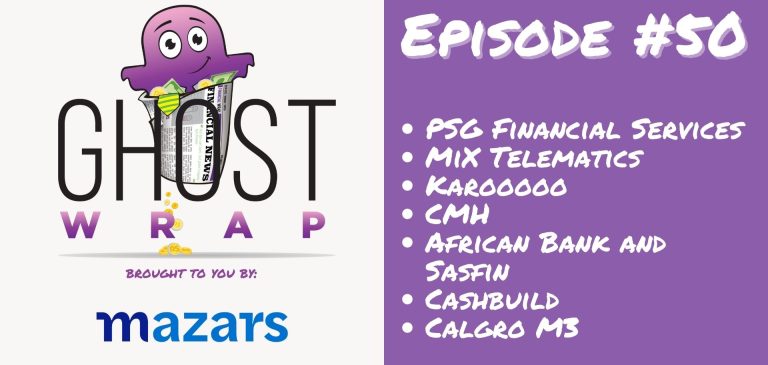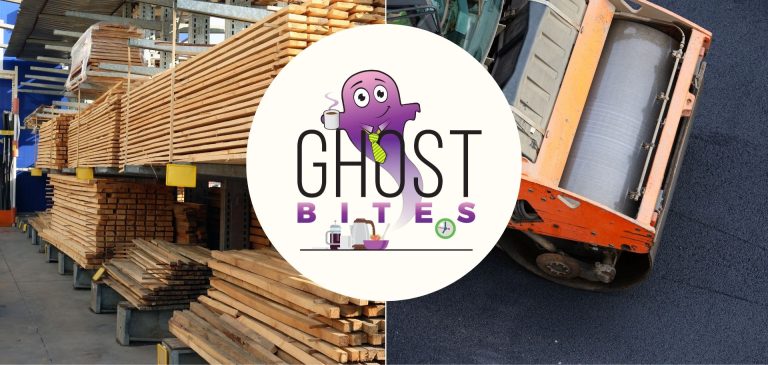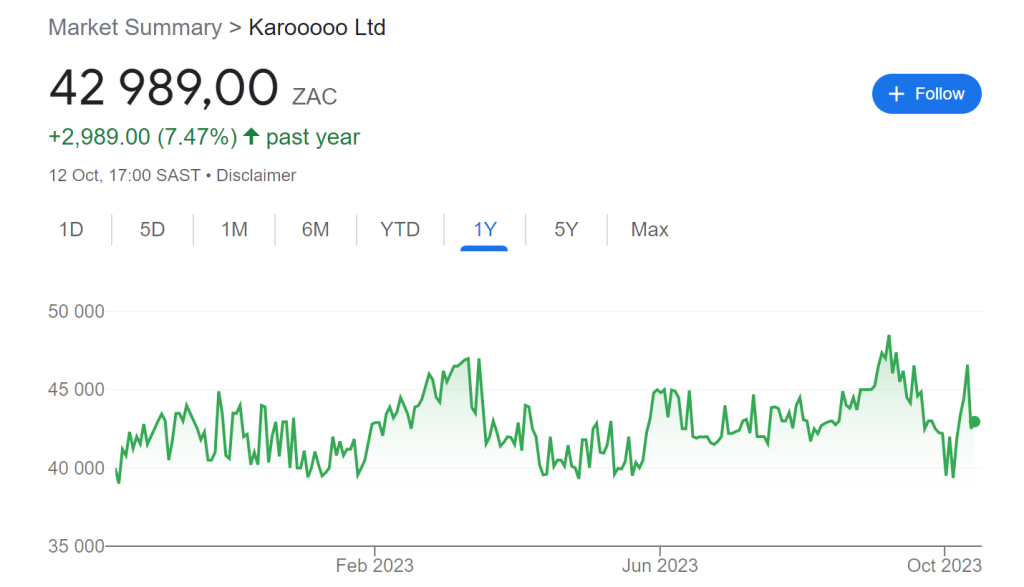Exchange-Listed Companies
BHP along with its joint venture partner Mitsubishi Development, are to disinvest from the Australian Blackwater and Daunia mines. Two wholly owned subsidiaries of Whitehaven Coal will acquire the mines for a cash consideration of up to US$4,1 billion. Completion of the transaction is expected to occur in the June 2024 quarter.
Omnia has taken a minority stake in Swedish-based Hypex Bio Explosive Technology. Omnia sees the deal as a strategic partnership; one that will enhance the ongoing development and commercial rollout of Hypex’s HP emulsion technology in key markets and will provide BME, Omnia’s provider of blasting solutions subsidiary, with access to state-of-the-art technology. Financial details were undisclosed.
Hyprop Investments has concluded a sale agreement to acquire Table Bay Mall for R1,6 billion. The company notes that an additional R23,3 million will be paid in respect of the cost of the solar panels currently being installed at the mall – a sign of our times. The addition of this asset to its portfolio is consistent with the company’s strategy to increase its exposure to the Western Cape. The acquisition is classified as a category 2 transaction, so shareholder approval is not required.
In another property transaction announced this week Accelerate Property Fund has disposed of two office properties in the Eastgate area – Pri-movie Park situated at 185 Katherine Street and 1 Charles Crescent. The purchaser, Micawber 832, will pay a combined R117 million. Accelerate shareholders are not required to approve this transaction.
Concert parties African Equity Empowerment Investments (AEEI) and Sekunjalo Investment Holdings (SIH) have made an offer to AEEI shareholders to acquire their shares for R1.15 per share. The offer price is a 28% premium on the share price of R0.90 prior to the announcement. The offer is for a maximum 144,336,812 shares (SIH holds a 70.6% stake in AEEI which is excluded from the offer) for a maximum offer consideration of c.R166 million. At the time of the announcement 47.27% of shares held by eligible shareholders had undertaken to vote in favour of the delisting resolution.
Following a strategic review of its businesses against a backdrop of the current economic, political and competitive landscape, Sasfin has announced the disposal of its Capital Equipment Finance and Commercial Property Finance businesses to African Bank for an aggregate consideration of c. R3,26 billion. Post the transaction, Sasfin will retain its Wealth, Rental Finance and focused Banking businesses which it aims to strengthen and scale.
Boland Rugby has announced a transformative equity partnership with Stellenbosch Academy of Sport, a subsidiary of Remgro, and a consortium comprising companies controlled by the Motsepe family. Remgro and African Rainbow Capital Investments will each own a 37% of the Boland Rugby Union – with the union retaining the remaining 26%.
Deneb Investments via its subsidiary Sargas, has disposed of properties considered non-core to its growth strategy. The properties, situated at 40 Leicester Road, Mobeni West in Durban, are to be sold to Groforce Investments for a cash consideration of R65 million. The disposal consideration will be used to settle outstanding debt.
Unlisted Companies
The Hollard Group, a mass-market life insurance company, has announced a strategic investment in SA-based insurtech, Simply Financial Services, a registered FSP and insurance software developer. The undisclosed investment by Hollard will enable the insurance disruptor to scale the business and target a larger pool of individuals and businesses.
Licensed open-access fibre infrastructure provider, Frogfoot Networks, has acquired Garden Route Networks and Route Networks as it expands its connectivity capabilities in parts of South Africa’s coastal region. Financial details were not disclosed.
Global financial services provider Apex Group has announced the sale by its BEE partner Ditikeni Trust of a minority stake in the South African subsidiary Apex Fund Services to a B-BBEE consortium. The stake has been sold to a consortium led by Ntiso Investment Holdings and Akhona Group. Financial details were undisclosed. In addition, Apex announced the successful close of the acquisition of Boutique Collective Investments (BCI) and Boutique Investment Partners (BIP). BCI is a collective investments scheme manager with a core business focus on third-party branded portfolios while BIP is an independent investment management and consulting firm providing multi-manager and consulting services to South African independent financial advisers and their retail and institutional clients.
Belgium headquartered P95, a provider of clinical and observational services to vaccine developers, is to merge with local clinical research organisation OnQ Research. Post the transaction P95-OnQ will have a physical presence in 30 countries with offices in Europe, Latin America, Asia and Africa with services covering both regulatory-grade real-world evidence and full-service interventional clinical trial research.
South African owner and operator of serviced last-mile logistic parks, Inospace, has acquired a landmark A-grade industrial facility in Paarden Eiland from the liquidators of shipbuilder Nautic Africa. The vacant property was purchased at a rate of R8,900/m² and has a gross lettable area of 8,400m² under a 22-metre-high roof.
Knife Capital, the Cape-based venture capital investment manager, has led a Series A funding round by Outsized. The talent-on-demand platform enables large enterprise clients and consulting firms in Asia-Pacific, Africa and the Middle East to implement flexible workforce models.
DealMakers is SA’s M&A publication.
www.dealmakerssouthafrica.com


